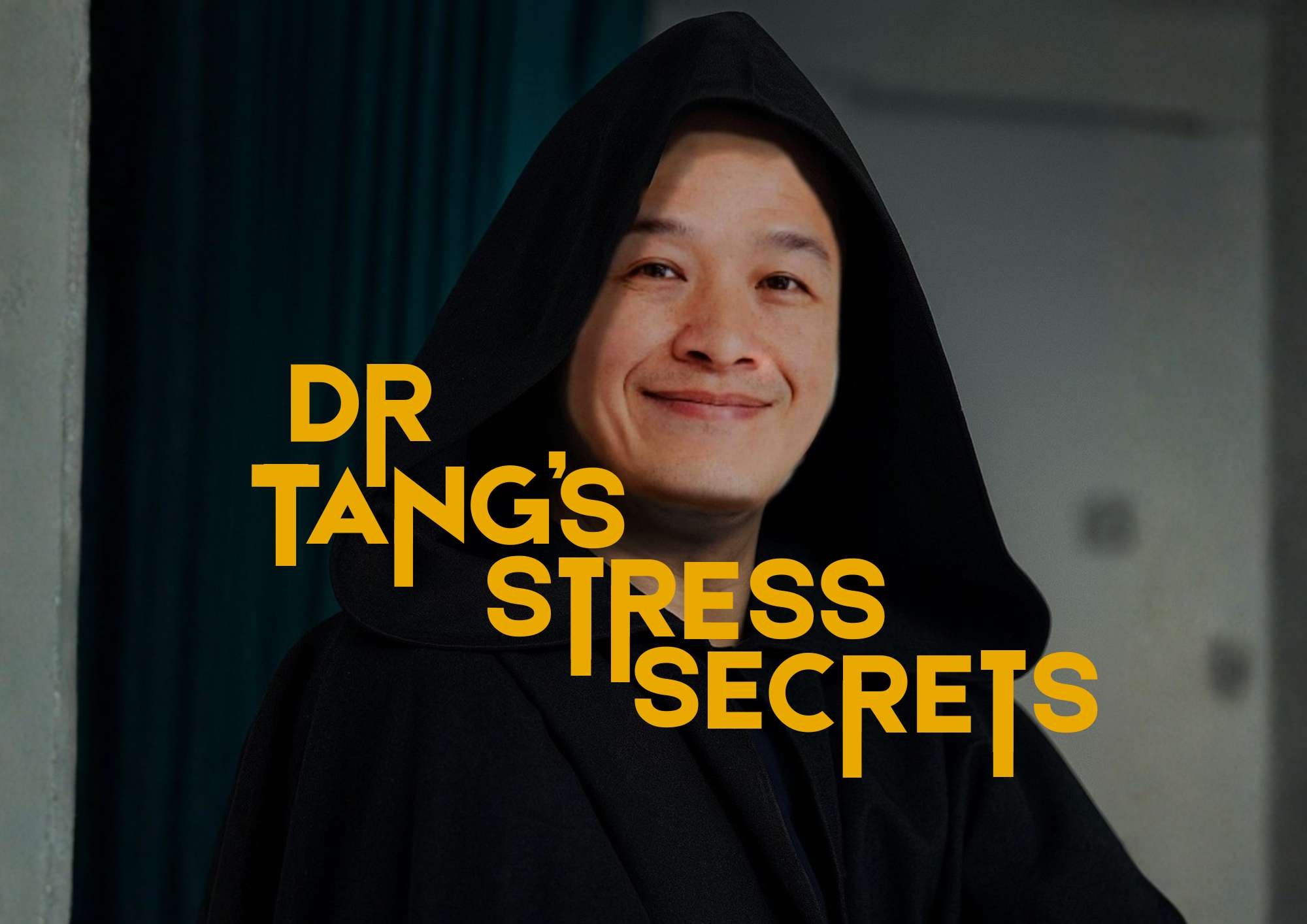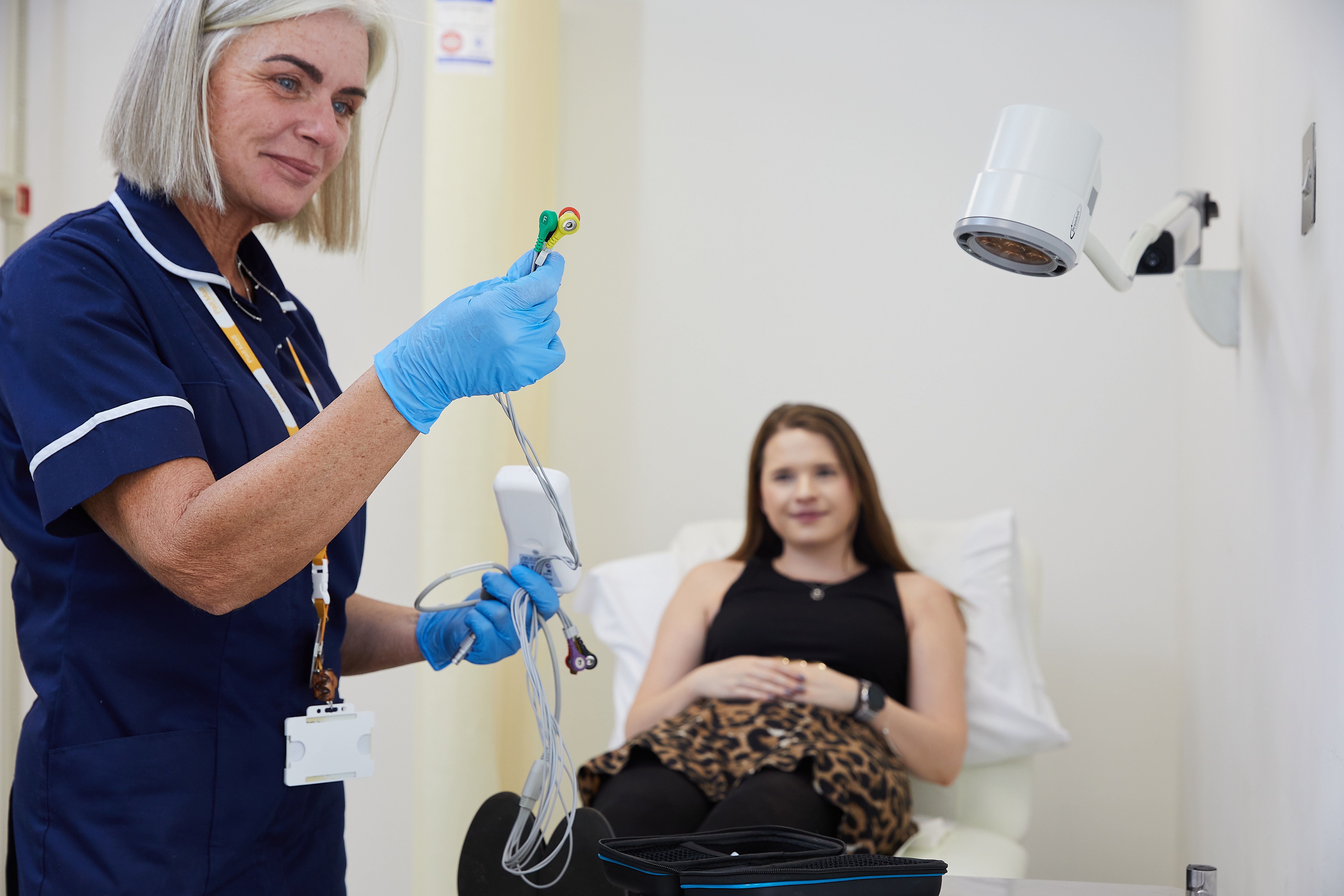The Traitors kept audiences hooked with every twist and betrayal, but behind the drama lies a fascinating truth: keeping secrets can take a real toll on the body, both mentally and physically.

The Stress of Keeping Secrets
When comedian Alan Carr outwitted his fellow celebrities to win The Traitors, viewers were glued to every double-cross and reveal. But while the finale was pure entertainment, medical experts say the strain of keeping secrets like that can take a serious toll on the body.
Living with deception, whether on national television or in everyday life, sets off powerful biological changes that mirror the body’s response to danger. The hormonal storm that follows isn’t just a feeling of anxiety; it’s a full-body state of stress.
The brain doesn’t distinguish between physical and emotional threat. When you keep a secret that feels risky or shameful, the same alarm system fires as if you were running from danger.
Cortisol and adrenaline flood the bloodstream, sharpening focus and fueling alertness in the short term, but over time creating a cascade of damage that can leave both mind and body depleted.
At first, cortisol is helpful. It raises glucose levels, helps you stay sharp, and puts non-essential systems like digestion and immunity on pause. But when secrecy stretches on for days or months, that constant cortisol output can quietly burn the body out. Think of it as leaving a car engine idling overnight: Eventually, something overheats. You may not see the damage straight away, but it’s happening beneath the surface.
What Are The Signs of Stress?
The signs can be surprisingly visible. Chronic stress reduces collagen production, causing dullness and premature ageing. Skin becomes more prone to breakouts, and wounds take longer to heal. Hair weakens because the body diverts nutrients to more vital organs. Eyes look tired because sleep quality suffers. Those dark circles you see after a stressful period? They aren’t only from lost sleep. They’re a visible marker of internal overload.
And if you’re prone to sniffles and colds, stress could be at the root cause. Dr Tang, a GP at Pall Mall, explains: “Stress can weaken your immune system, making you more likely to get colds or other illnesses.”
Can Stress Affect the Body?
What begins as a mental strain can ripple through every system. Gut health falters, leading to bloating or digestive issues. Blood pressure creeps upward. The immune system grows sluggish, leaving people more vulnerable to infections. Even emotional resilience takes a hit, mood swings, irritability, and low motivation are all by-products of sustained tension.
Hiding emotions or truths is a hidden health hazard. Whether you’re masking anxiety in a relationship, covering up mistakes at work, or, like the contestants on The Traitors, managing layers of deceit, your body records the cost. Stress is not just in your head, it’s in your heart rate, your gut, your sleep pattern, even in how your skin glows.
Persistent secret-keeping keeps cortisol humming in the background, which can lead to fatigue, anxiety, weight gain, and disrupted sleep. The body gets stuck in survival mode. The heartbeat races at night, thoughts spin, and rest feels impossible. Over time, this can compromise immunity, increase inflammation, and make you more prone to chronic illness.
Stress is often imagined as a mental concept, but science views it as a physical condition. The brain detects a threat, triggers the hypothalamus-pituitary-adrenal axis, and releases a hormonal surge intended to help a person respond to a crisis. The trouble arises when the crisis never passes. Emotional secrets, unspoken grief, or ongoing deception keep that internal siren wailing long after it’s needed.
How Can I Beat Stress?
Yet there is an antidote, connection. Studies have shown that laughter, honesty, and emotional openness release oxytocin and serotonin, two chemicals that help the body rest and restore balance. When people share what they’re holding in, it’s as if someone turns down the lights inside them. The body begins to exhale. In contrast, secrecy is isolating, even if it feels self-protective. Over time, that isolation magnifies the body’s stress response, making recovery harder.
As life becomes increasingly pressured, social expectations, work performance, online presentation, it’s easy to assume everyone is quietly managing something. Learning to listen to the body’s signals is key. Because your biology will always tell the truth, even when you can’t. A racing pulse, tight chest, headaches, fatigue, these are your internal alarms.
“It’s important to spot the signs early and so something about,” Dr Tang suggests.
“Talking to someone, getting enough rest, and making time for yourself can make a real difference. Looking after your health shouldn’t feel like a taboo.”
Is There Medical Help for Stress?
To help identify stress-related strain, Pall Mall offers comprehensive health screenings that assess cortisol levels, blood pressure, and key markers of wellbeing. Early detection allows people to make lifestyle changes before stress takes a lasting toll. Our doctors recommend simple steps: regular rest, movement, good nutrition, and above all, honest conversation. Stress thrives in silence, but talking about it, before it becomes chronic, acts like preventative medicine.
The truth is that everyone, not just reality show contestants, carries hidden pressures. The body, however, has no concept of television drama. It responds to secrecy and emotional weight with the same primitive biology that once kept humans safe from predators. The challenge today is to recognise that being open, about worries, pain, or truth, is not weakness but a physiological necessity.
While Alan Carr’s victory will be remembered for its sharp humour and perfect timing, it also shines a spotlight on how modern life mirrors the games people play under pressure. Secrets may win challenges, but transparency wins peace of mind. And in the long run, calming that silent surge of cortisol might just be the greatest reward of all.
Always here to help, whenever you need us
Our expert team are always here to help, advise and arrange appointments with our specialist consultants.














